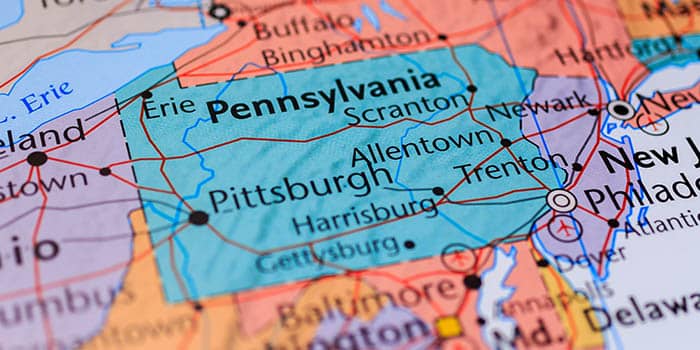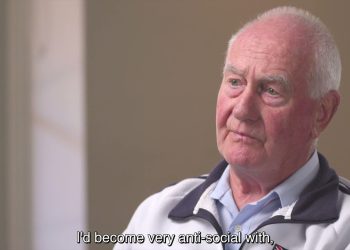The state of Pennsylvania officially imposed restrictions on indoor cigarette smoking in the majority of workplaces and public areas throughout the state in 2008, after giving its approval to the Clean Indoor Air Act 15 years prior.
The legislation that was signed into law by Gov. Ed Rendell allowed for certain exceptions, which included gambling venues on designated sections of their gaming floors, private clubs, bars, cigar lounges, as well as other establishments where alcohol sales constituted the main source of revenue for these venues.
There have been continuous efforts to introduce legislation aimed at closing these exceptions since the law was passed. The most recent proposal in this regard has been put forward by Rep. Dan Frankel, who has proposed House Bill 1657 to the House Health Committee.
The bill aims to make amendments to the Clean Indoor Air Actwhich would essentially abolish the provisions that currently permit casinos to allow indoor smoking. Frankel’s bill is to be reviewed by the House Health Committee, which will convene on September 20 to evaluate the proposal.
Frankel Unveils Second Consecutive Anti-Smoking Proposal
The Democratic Representative for Allegheny County has for the second year in a row introduced legislation designed to enable casinos and their employees to experience a smoke-free environment.
Previously, the same Representative from the Keystone State, together with Sen. Jay Costa, made a failed attempt to ban smoking in public venues. That proposed law would have included casinos and private clubs within its scope.
However, despite the proposed legislation, the feared significant reduction in revenue that the new law could have potentially led to was once again an influential factor behind why the proposal did not proceed to fruition. This is in spite of numerous studies that challenge this argument.
For instance, one analysis by C3 Gaming that studied the pandemic period discovered that casinos which did not allow cigar smoking did not experience a decrease in revenue, as compared with casinos that continued to permit smoking under the conditions of the Clean Indoor Air Act.
Persistent Dangers of Secondhand Smoke Exposure
Frankel’s ambition to see a total smoking ban enforced in casinos, much like his predecessors, is motivated by his concern for casino employees who are compelled to work in hazardous environments where they are regularly exposed to secondhand smoke, which poses significant health risks.
Despite the 18 land casinos in Pennsylvania being limited to providing a maximum of 50% of gaming floors for smokers, health experts argue that the risks posed by secondhand smoke that lingers in non-smoking areas justify a complete ban on smoking throughout all areas of the establishment.
Michael Tynan, the team lead at the Office on Smoking & Health Policy, elaborated that despite the substantial evidence about the harmful effects of secondhand smoke, a sizeable number of casino employees as well as tens of millions of gambling tourists face exposure to significant levels of secondhand smoke in casinos along the Strip every year.
Tynan clarified that the only viable solution to protect individuals from contact with secondhand smoke is the complete prohibition of smoking in all indoor sections of casinos.
The Pennsylvania chapter of Casino Employees Against Smoking Effects (CEASE) is optimistic that the newly proposed bill has the potential to save lives.
Jen Rubolino, a Rivers Casino table games dealer who also serves as the co-lead of CEASE Pennsylvania, after expressing gratitude to Rep. Frankel for introducing the bill, alerted the public to the high numbers of employees who are presently grappling with the harmful effects of exposure to secondhand smoke, which include conditions like cancer, asthma, and heart disease.
Presently, only Rivers Casino Philadelphia and Bensalem’s Parx Casino have strictly prohibited smoking on their premises, with the remaining casinos appearing to be hanging on to the privilege granted by the exception.
According to Rep. Frankel, it is unjust for non-smoking employees and patrons to be exposed to secondhand smoke, or for casino staff members to be faced with the choice between losing their jobs or compromising their health.







